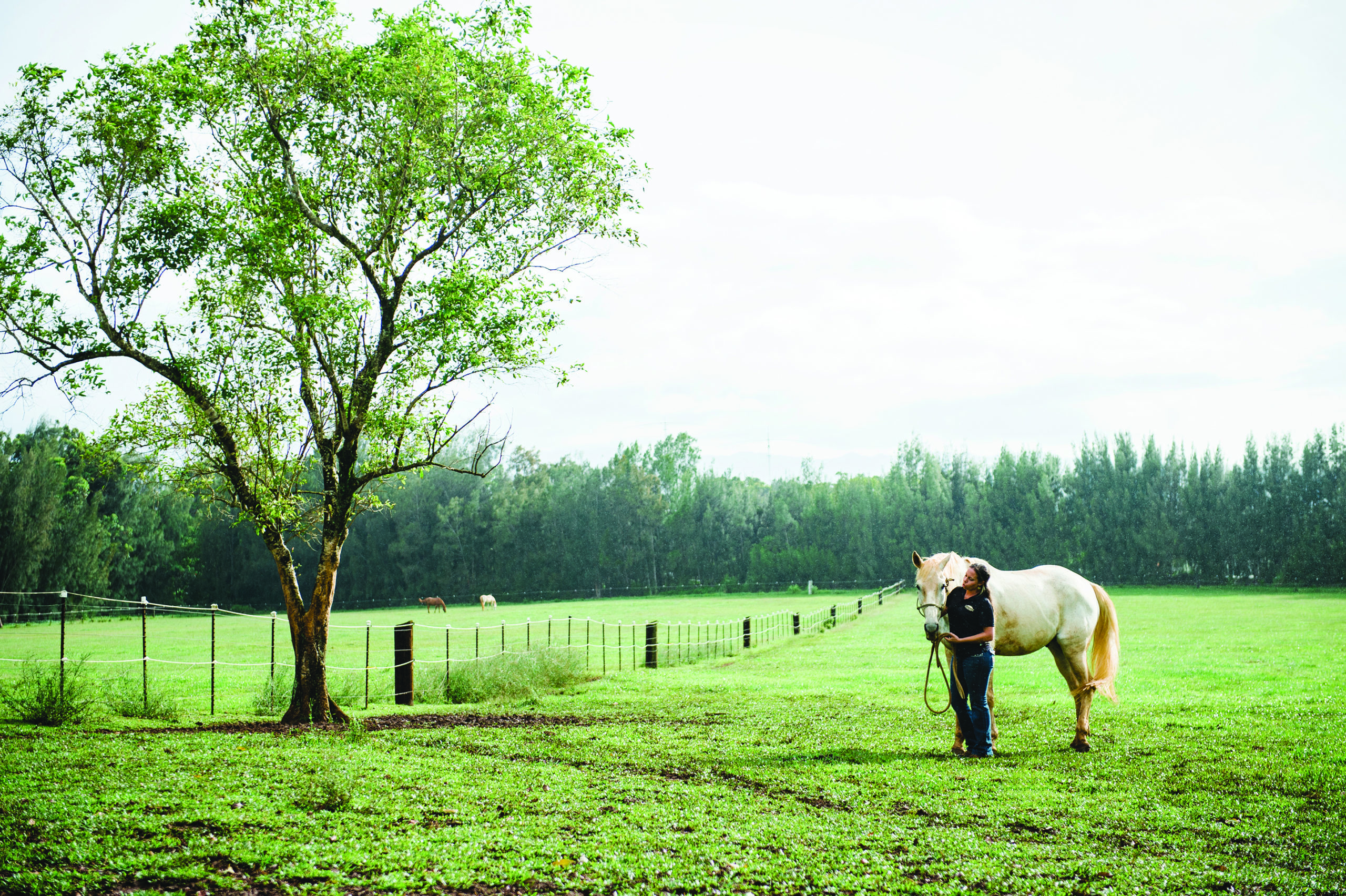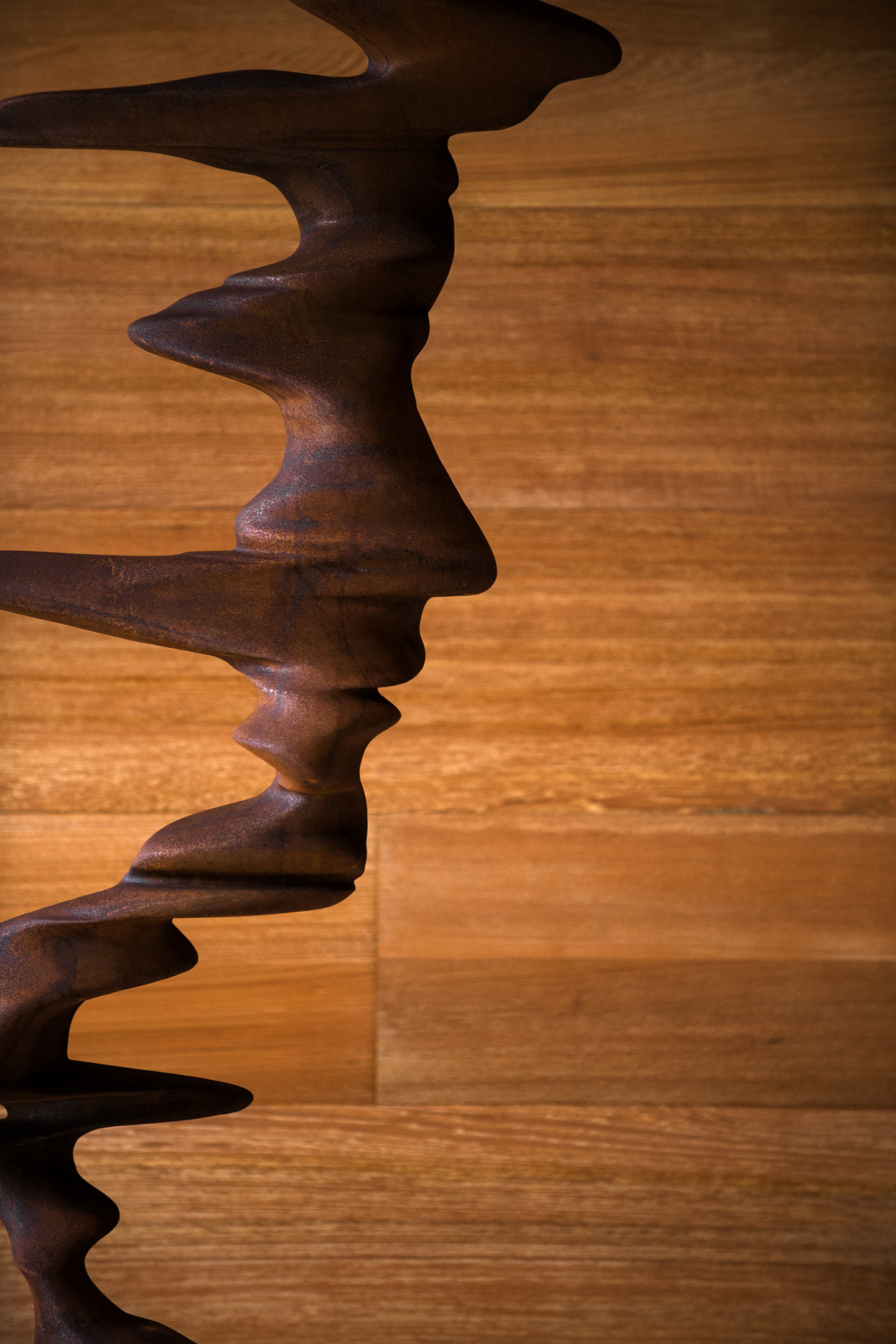Text by Lindsey Kesel
Images by Kara Akiyama & John Hook
The Hawaiian cowboy evolved out of necessity, tracing back to when King Kamehameha I was gifted five long-horned cows (along with a flock of sheep and a bull) from British Royal Navy officer Captain George Vancouver in 1793. Penned in a vast fertile area on the slopes of Hualālai, the wild cattle population exploded, eventually numbering in the thousands. Then, in 1803, Kamehameha received a second gift from American trader Richard Cleveland that would again alter the landscape: Hawai‘i’s first horse.
Three decades later, in support of the blossoming cattle hide and salted meat trade, King Kamehameha III brought in a trio of highly skilled Spanish cowboys, or vaqueros, from Mexico to teach Hawaiian men how to tame and herd the feral cattle. The vaqueros gave the local boys a masterclass in all things cowboy, including roping, riding, horsemanship, and breeding.
The Hawaiians’ natural athleticism proved useful for navigating the rugged terrain of Hawai‘i’s forests and helped them grow into agile mounted cattlemen. (The way that Hawaiians pronounced Españole (Spaniard) as “paniolo” stuck as the name for this new island-variety ranch hand.) More than cattle and horse wranglers, paniolo became known for their stewardship of the land and sweet ranching-inspired melodies as much as their chivalry and showmanship.
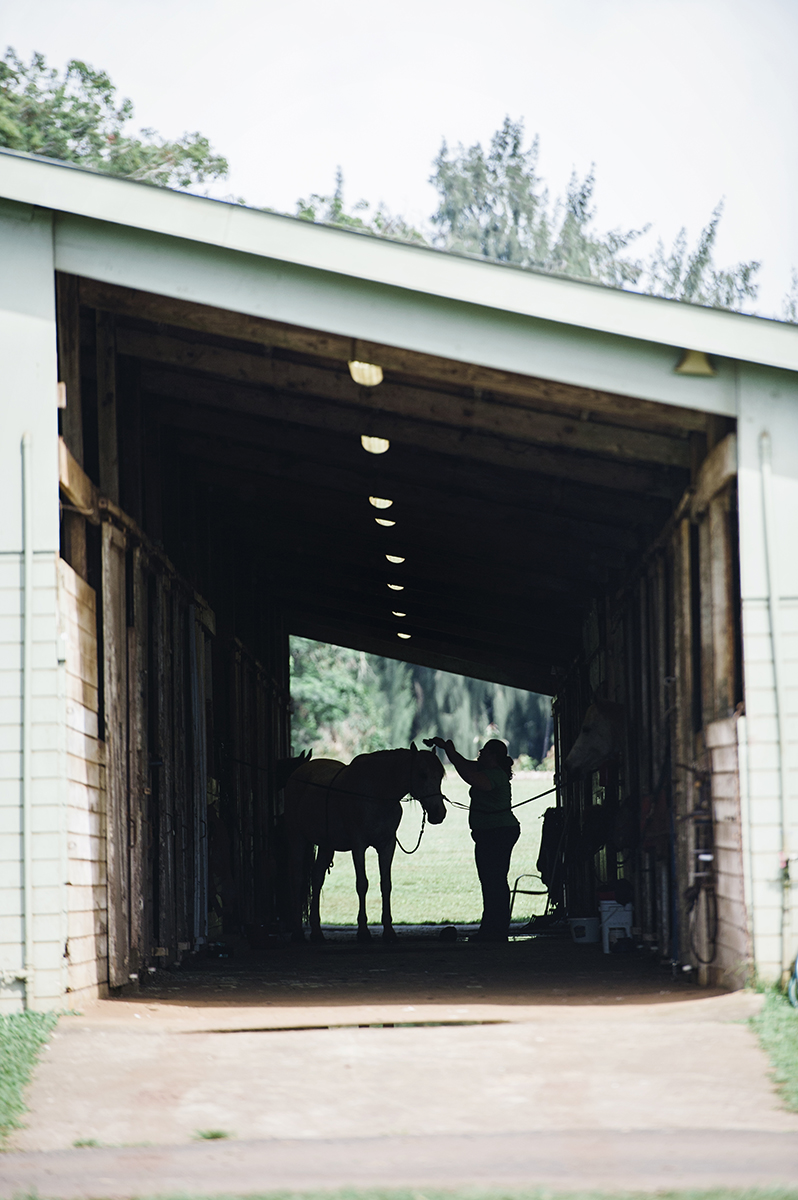
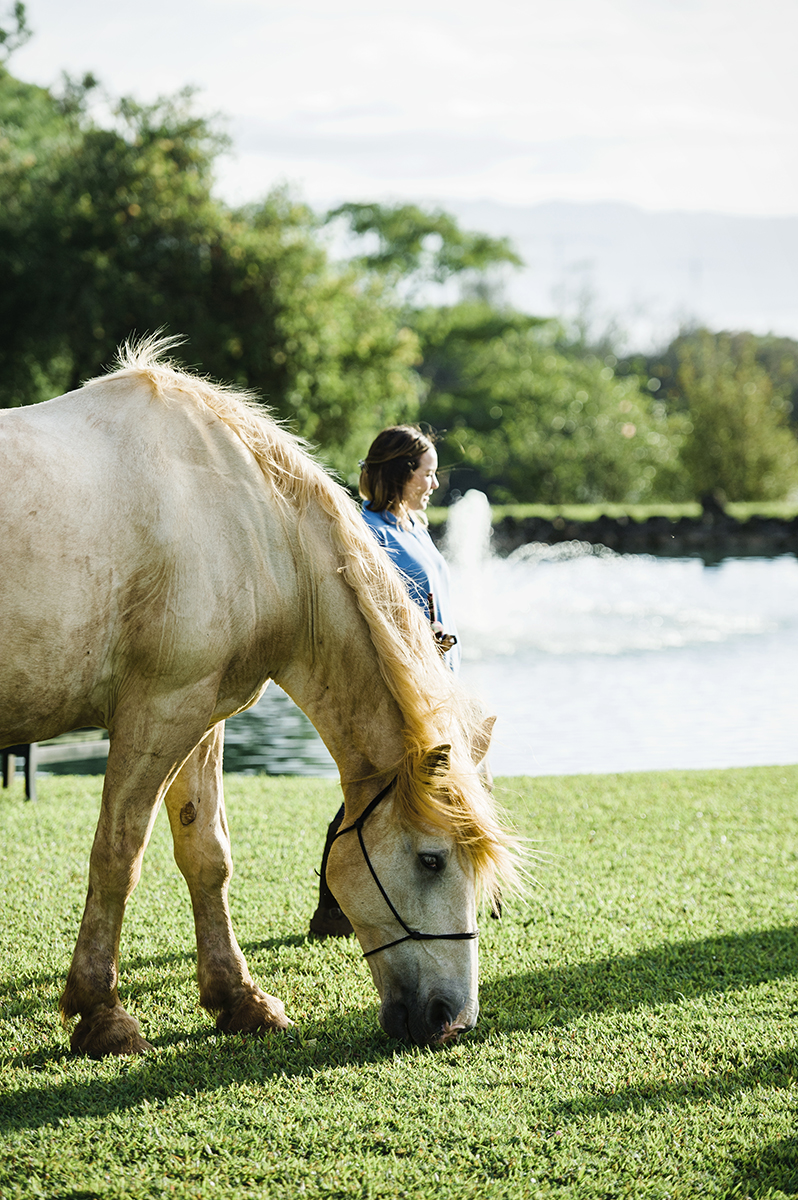
In 1908, three paniolo—Ikua Purdy, Archie Ka‘au‘a, and Jack Low—traveled to Cheyenne, Wyoming, to compete in the Cheyenne Frontier Days rodeo. The Hawaiians stole the show with their skillset and distinctive vaquero-Hawaiian style of bold-colored ponchos, bandanas, and wide-brimmed hats adorned with lei. All three took home top honors, with Purdy winning the coveted world rodeo steer-roping competition. Their accomplishments that day inspired a deep sense of pride throughout Hawai‘i for the paniolo lifestyle.
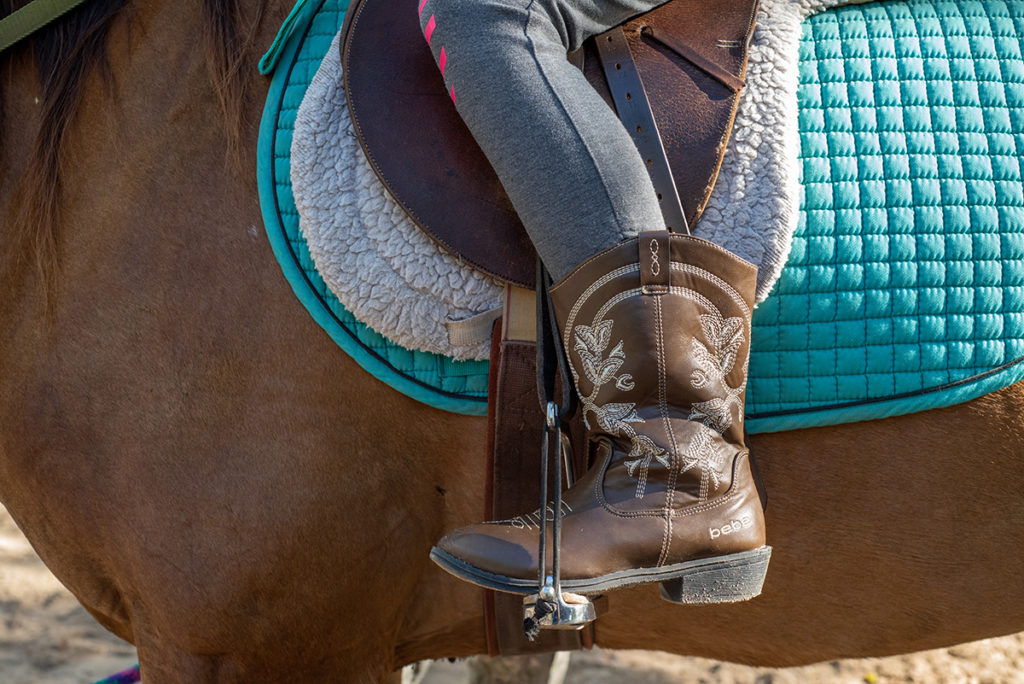
Today the paniolo spirit lives on in Hawai‘i’s working cattle and horse ranches, through storytelling and song, and in projects such as the Paniolo Preservation Society, Hawai‘i Paniolo Hall of Fame, and Paniolo Heritage Center.
Several ranches on O‘ahu carry the paniolo legacy forward by inviting visitors to experience a taste of local cowboy culture, horseback riding, and history.
Gunstock Ranch
North Shore Trail Rides
Opened in 1971, Gunstock Ranch lets guests see O‘ahu’s North Shore by horseback, offering 90-minute guided tours for all ages and abilities. During sunset dinner rides, couples rides with a picnic lunch, or small group rides, visitors are matched with a steed, then led on a leisurely mountain trek past sweeping views of the Pacific Ocean and up to a scenic lookout.
Along the way, trail guides share tales about the paniolo days of old. For visitors who want to dive a little deeper, the private Horsemanship Experience provides the opportunity to work with a wrangler to learn about horse behavior and handling. Unique to Gunstock Ranch is the Horseback Planter’s Experience, a trail ride that includes planting a native tree in the Hawaiian Legacy Forest.
Learn more at gunstockranch.com
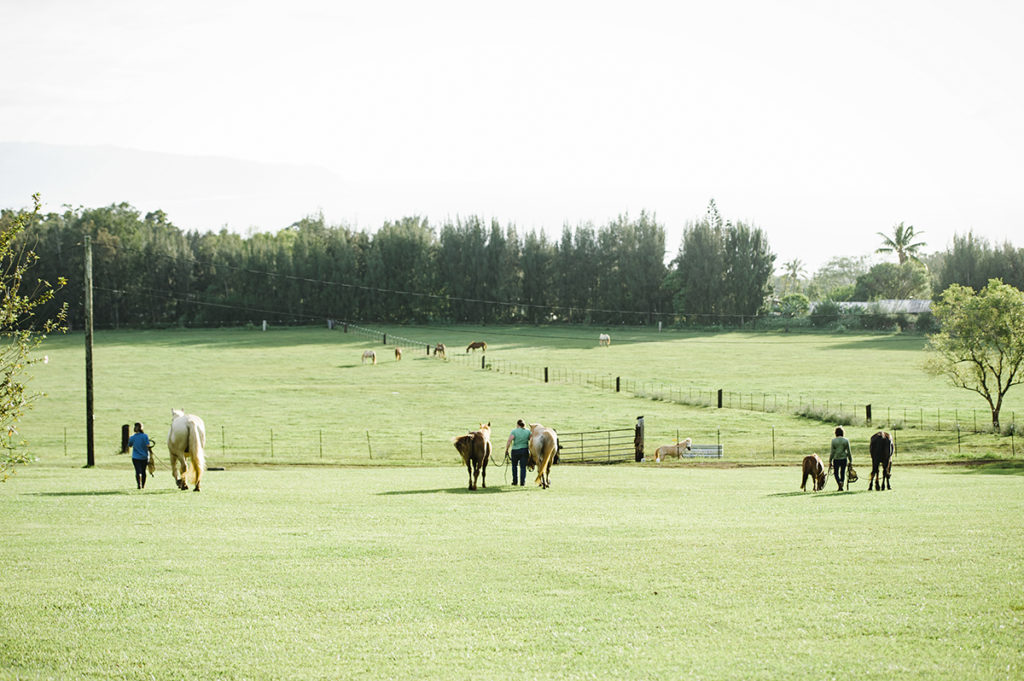
Kualoa Ranch
Room to Roam
On O‘ahu’s east side, Kualoa Ranch’s 4,000 acres of preserved land is one of the most stunning and historically rich spots to experience paniolo culture. Established in 1850, the eighth-generation family ranch spanning the three valleys of Hakipu‘u, Kualoa, and Ka‘a‘awa is home to more than 600 head of cattle, 120 horses, and 200 sheep.
In addition to many different types of activities and eco-tours, guests can spend an hour or two on horseback in a group or private trail ride through wild mountain and valley scenes, many of which have served as backdrops for movies and television series.
Learn more at kualoa.com
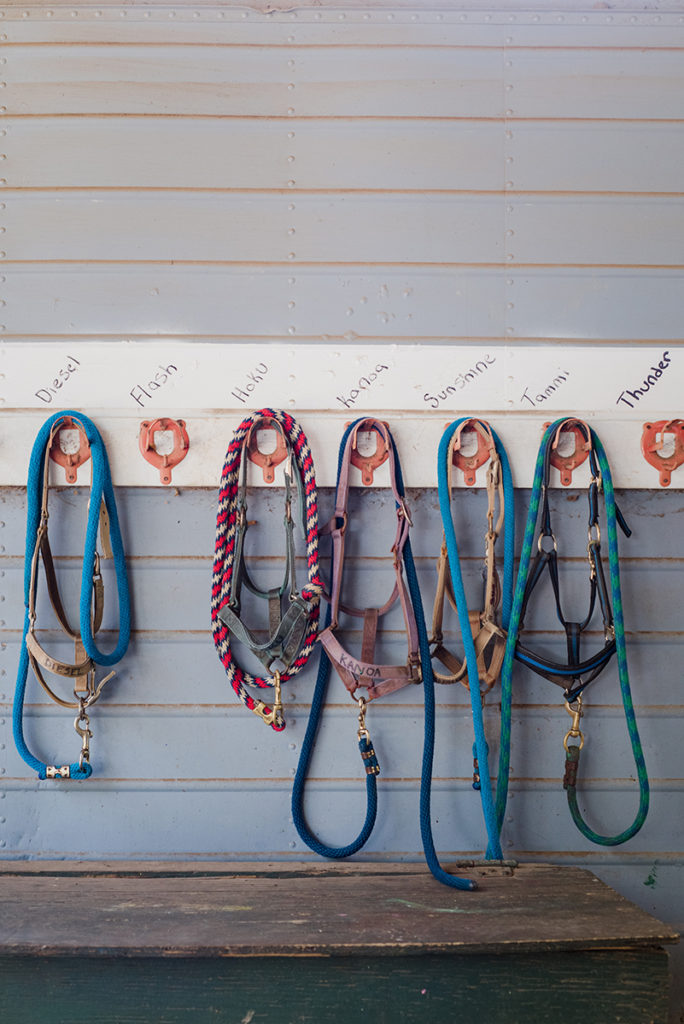
‘Ōhikilolo Adventure Park
The Family Ranch
‘Ōhikilolo Adventure Park on O‘ahu’s west side is a 200-year-old family ranch that is steeped in tradition. The park invites visitors for horseback rides and lessons, complete with an intimate account of the cowboy culture and rich history of Wai‘anae’s ‘Ōhikilolo Valley.
The paniolo guides are the real deal, helping beginner to experienced riders have a fun, safe, and comfortable riding experience. In addition to mountain and ocean views, horseback rides from Ka‘ena Point to Mākaha Beach include the chance to check out historical sites, including World War II bunkers, a soldiers’ camp, and fighter plane remnants. ‘Ōhikilolo also has ponies available for parades, birthday parties, and other special events.
Learn more at ohikilolo.com
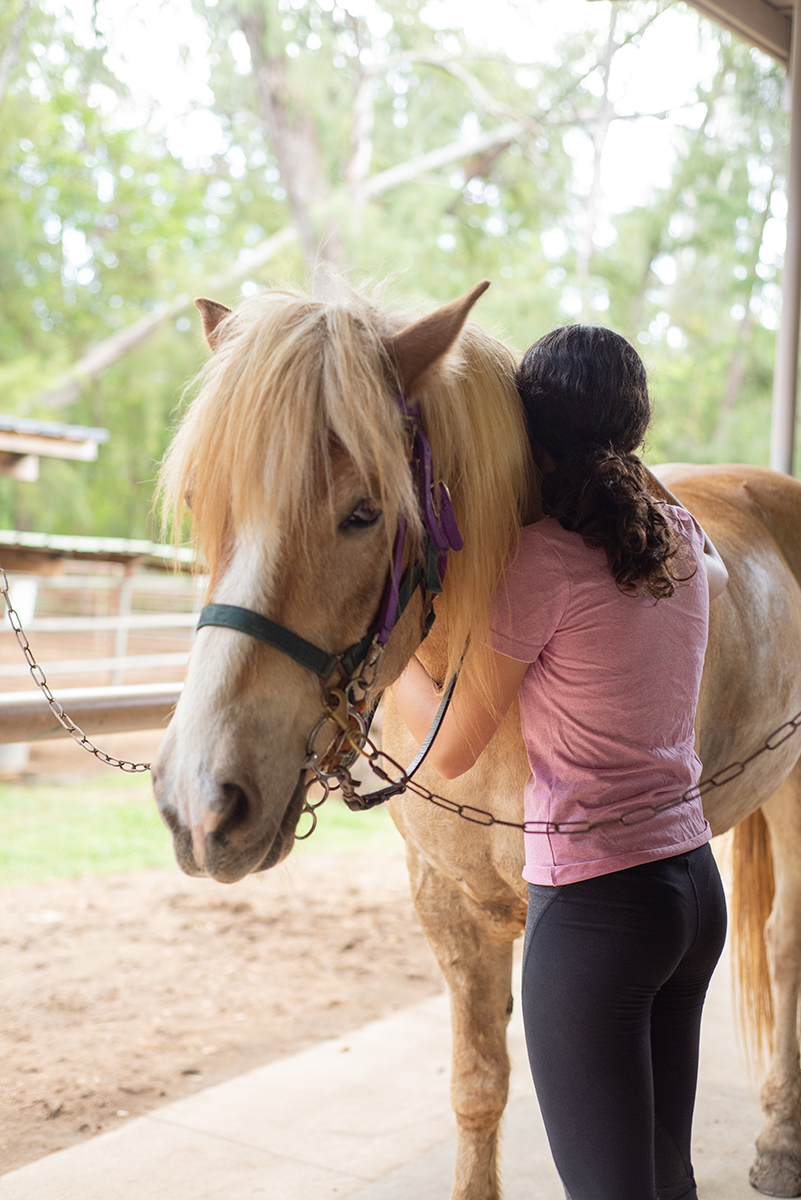
Nalo Keiki Paniolo
Cowboy Culture for Kids
Nalo Keiki Paniolo specializes in kid-friendly ranch days, with a spirited herd that includes a black and white paint gelding named Oreo, a retired race horse named Pride, and Marshmello, a 38-inch-tall mini pony—plus mini goats, pigs, and sheep. Pony rides are held in a large outdoor riding area where an instructor controls the horse with a leadline—a great option for younger children or first-timers who want to get comfortable with their animal before venturing out onto the trails.
In addition to basic riding skills, children learn how to lead and groom their ponies. For a closer look at horse handling, Nalo Keiki Paniolo offers a private one-hour introduction to horsemanship class.
Learn more at nalokeikipaniolo.com
Therapeutic Horsemanship of Hawai‘i
Healing on Horseback
With the mantra of “helping through horsemanship,” Therapeutic Horsemanship of Hawai‘i in Waimānalo hosts horseback lessons and day camps for riders of all ages and abilities, with dedicated assistance for special needs individuals.
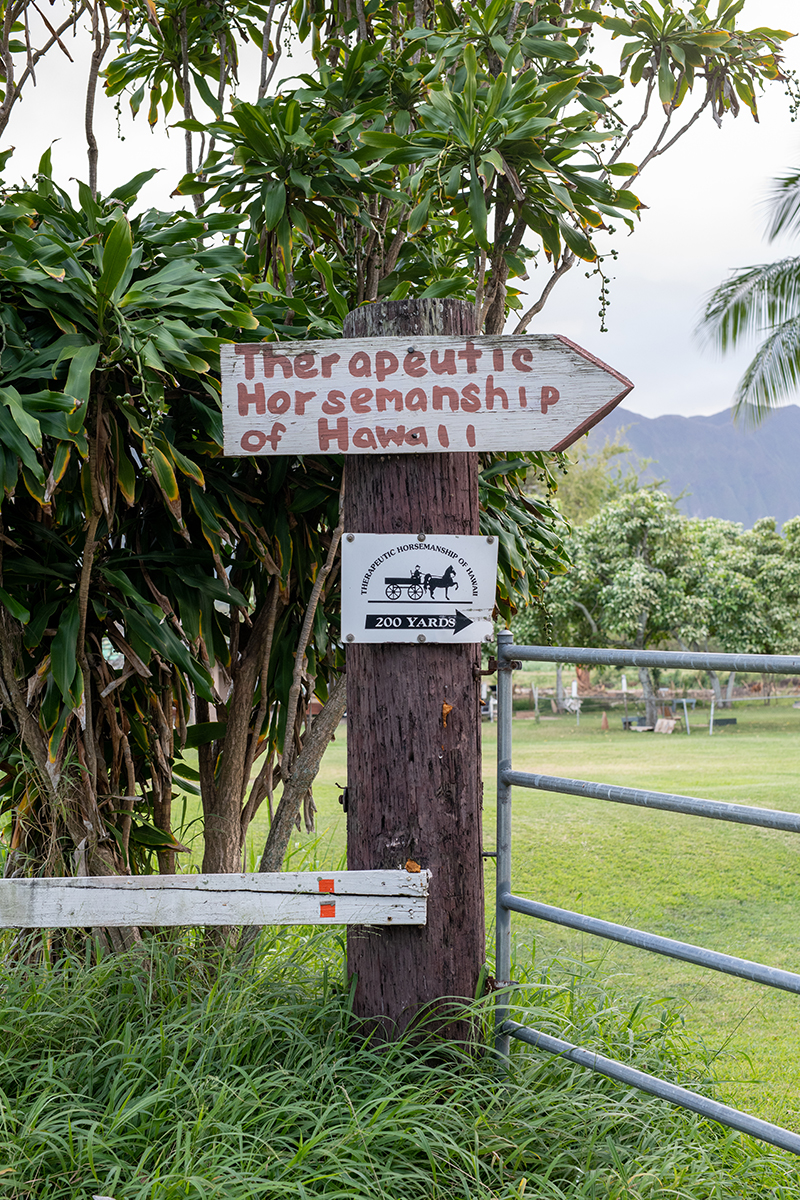
Certified by the Professional Association for Therapeutic Horsemanship, the center’s guides teach guests to groom, saddle, and ride with a focus on horsemanship and the many benefits of riding, including increased confidence and self-esteem, improvements in physical strength, and joyful bonding with the partner animals. For riders who aren’t able to travel, the team will bring mini horses to certain events or locations on request.
Learn more at thhwaimanalo.org




